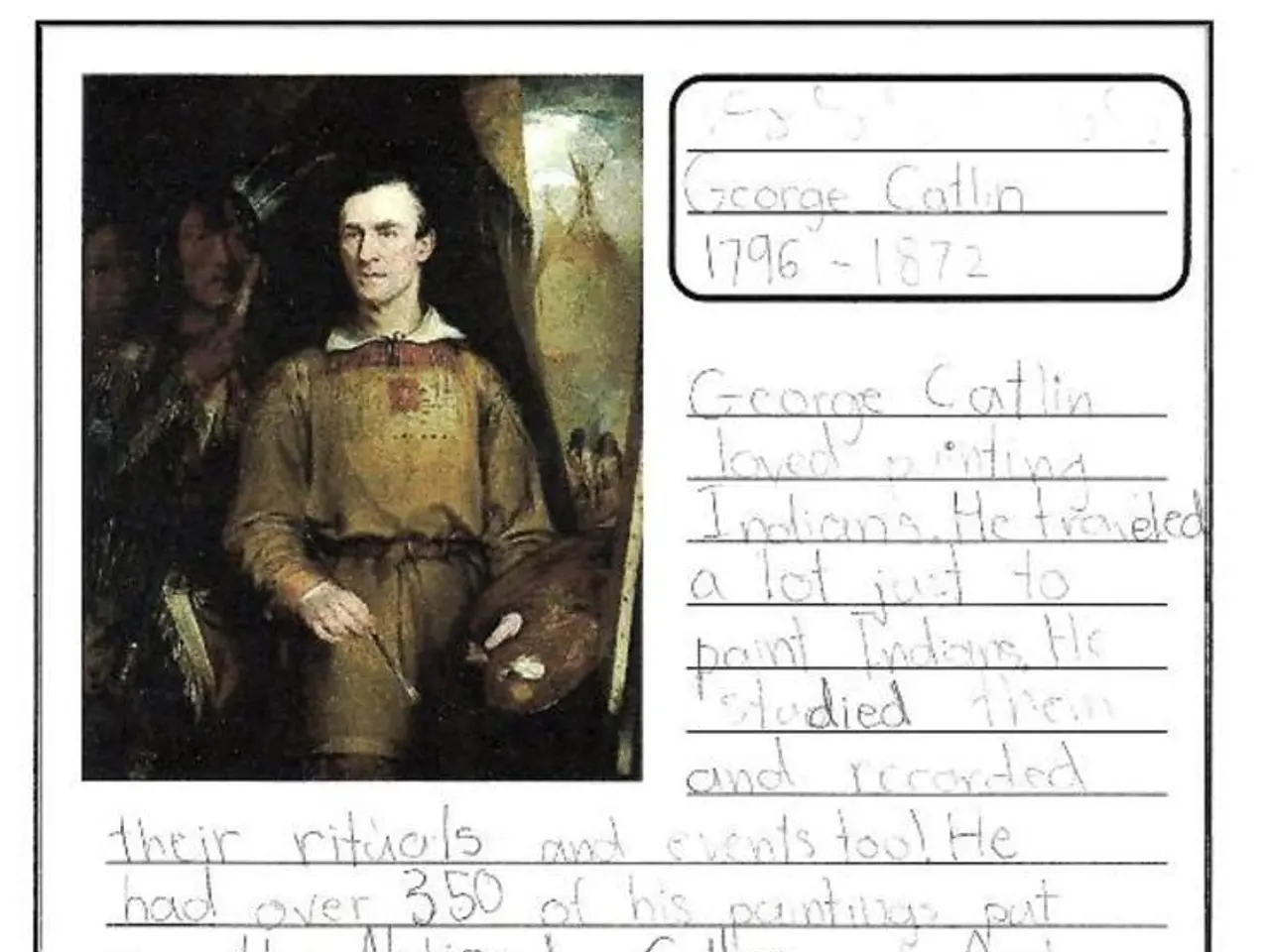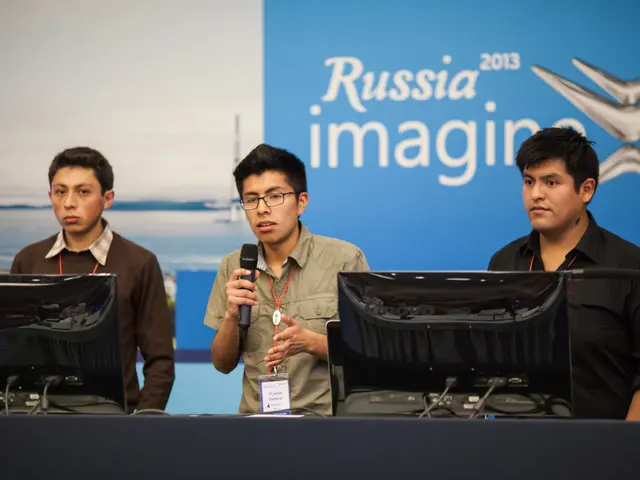Archaeological Discovery Revises Historical Understanding of Literacy in the Inca Empire Through Analysis of a 500-Year-Old Cord Containing Human Hair
Unearthing the Past: Commoners and the Inca Empire's Khipus
A groundbreaking study on khipus, the intricate knotted cords used by the Incas to record various types of information, is shedding new light on the history and society of the once-mighty empire. The research suggests that khipu production and use were not limited to elite administrators, but extended to commoners, broadening our understanding of Inca recordkeeping practices and social organisation.
The khipu in question, known as KH0631, was made with human hair and holds over eight years of growth. A chemical analysis of the hair suggests that the khipu's creator lived far from the centres of power around 1498 CE. Contrary to popular belief, this khipu was not crafted by an official in Cuzco, but by someone far from the imperial centre.
The isotopic dietary analysis of the hair reveals that the maker was a commoner, with a diet heavy on tubers and greens, but lacking in maize and meat, staples of the upper class. This finding suggests that khipu-making was more socially inclusive than previously thought, possibly involving low-ranking commoners.
The fine craftsmanship of the khipu, which shows signs of state-level administration, indicates that commoners could produce khipus of high quality. Indigenous accounts and later historical records note that women and lower-status individuals continued to make and use khipus well beyond the Inca Empire’s height, including peasants and hacienda laborers in the 19th and 20th centuries.
Some researchers now propose that khipu literacy may have been more inclusive, possibly not restricted to elite men but also accessible to women and common populations. Manny Medrano of Harvard University states that this finding gets us closer to telling Inca histories using Inca sources.
The study, published in Science Advances, is just the beginning. Hundreds of unstudied khipus remain, their knots intact, potentially holding the DNA and diets of their makers. These could reveal more commoners' voices, offering a more diverse and decentralised record of Inca life than previously assumed.
While scholars have made some progress in linking cords and knots to numbers, census data, or tribute lists, the overall system is still only partially understood. The exact contents of KH0631 remain undeciphered, but the implication is clear: if khipu literacy wasn't confined to elites, the record of Inca life may have been more diverse and decentralised than assumed. The khipu, KH0631, suggests that commoners may have practiced khipu literacy, adding a new dimension to our understanding of the Inca empire.







